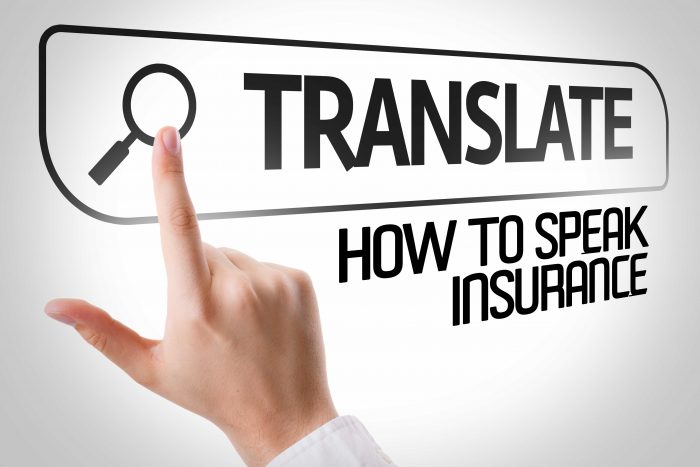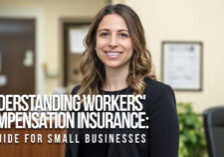
How to Speak “Insurance”
One of the many reasons you should have an independent insurance agent you can trust is that the industry sometimes uses terminology that can be a challenge to understand. If you’ve ever read through an auto, homeowners or life insurance policy, you already know they are not exactly “page-turners”.
Uncovering the secrets to speaking insurance is not unlike traveling to a foreign country. You don’t need to understand everything fully, but there are some keywords and phrases that can help you get through. Here are some of the more common, important insurance terms you should know.
Premium – This is what you pay for your coverage. A “premium” may be paid monthly, quarterly, semi-annually, or annually. They could have just called it “cost” or “price,” but someone thought premium sounded more exotic.
Deductible – The deductible is your financial share of an insurance claim. If a homeowners’ insurance claim is for $5,000 and you have a $500 deductible, you pay $500, and the insurance companies pay $4,500. Raising deductibles is a common way consumers can reduce premiums.
Beneficiary – This is the person who will receive the proceeds of a policy in the death of the insured. All life insurance policies need to have a beneficiary. More simply put, it is the person who gets the money when a life insurance policyholder dies.
Claim – This is the formal request to an insurance company, notifying them of a loss believed to be covered under a policy.
Liability Coverage – This protects the insured from financial loss due to injury or property claims from others after a covered incident.
Dec or Declarations Page – This is a page, usually the first sheet in the policy, that summarizes who the insured is, the name of the insurance company and the amount and limits of the various coverage detailed in the pages within the document. It is perhaps the most understandable of all the pages in any insurance policy.
It is common for people to be unsure of their coverage, especially if a policy has been owned for years. This is particularly true in homeowners policies which may not have been reviewed for long periods. We can help. If reviewing the doc page doesn’t provide enough details, please feel free to contact us. We’ll be glad to review your policy, perhaps offering money-saving options. Contact us for a no-cost insurance review today.








